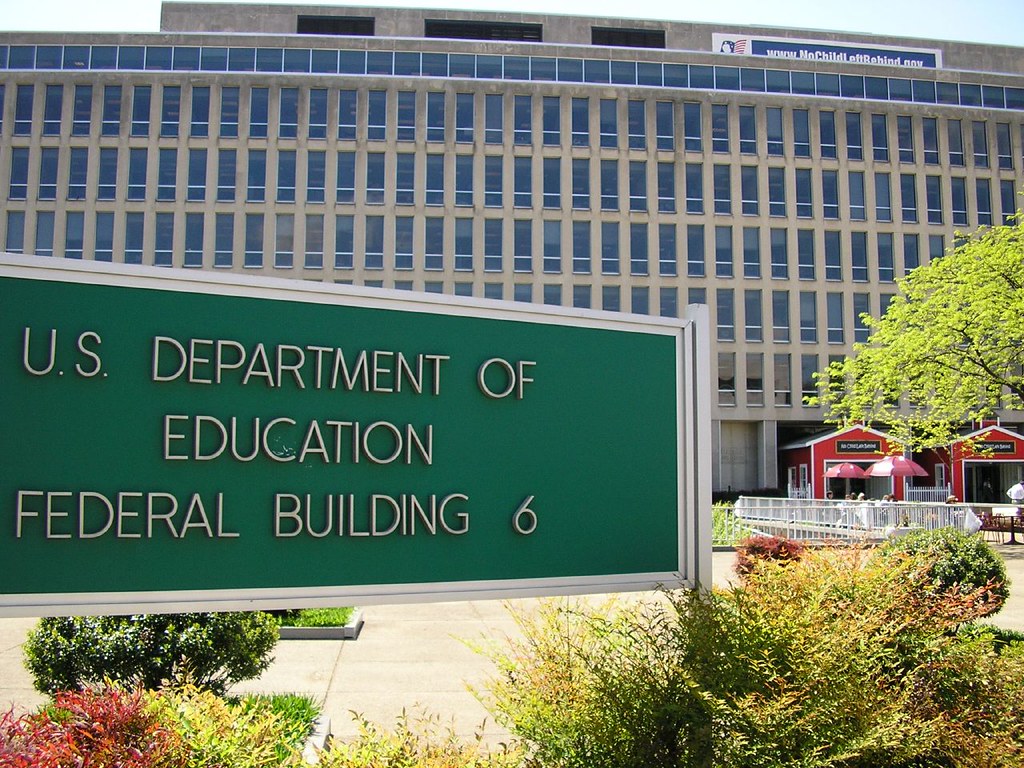





Teaneck—At a dessert reception for survivors and their families that takes place before the annual Teaneck Yom Hashoah Commemoration, JLBC spoke to some or a survivor who participated, listening to the music of Chaim Kiss and chatting. “The hunger was indescribable,” Sophie Lubka, a teenager who survived recalls. For a period of time Sophie, her mother and two sisters were in the Lodz Ghetto. “Every day was a fight for life. We didn’t even look human. At 18, I was the head of my household, no father, no brothers—I assumed the responsibility my mother couldn’t so I earned the money to pay for the rations that kept us alive.” Her mother did not make it, but Lubka and her sister survived the ghetto, and later Auschwitz, Stuthoff and the death march. “At one point my sister fell because she was sick and I knew they would shoot her so I picked her up with some help and we carried her. I said you die, I die. Somehow we found the strength to run and we went deep in some woods and got away from the death march.”
This year’s Yom Hashoah Commemoration took place in an auditorium packed with people. “This was the best county commemoration I have ever attended,” stated one attendee.
Judith Kallman, who gave the keytnote speech, on one day’s notice, is a resident of Greenwich Connecticut with direct ties to Bergen County. (Irving Roth who was scheduled to appear fell ill and she filled in at the last moment—Shaarei Orah’s Rabbi Jachter invited audience members to offer a silent prayer for Mr. Roth’s complete and speedy recovery.) She is a child survivor and Kindertransportee from Slovakia who told the rapt audience how she, her family and community unwillingly went from an idyllic life to being stalked and hunted, literally running for their lives.
At five years old she and her brother watched as her parents were shoved into a cattle car bound for Aushwitz. Frightened, she remembers looking up at her father who was almost aboard the train and wearing an expression of pale ashen fear on his face when he spotted his two children on the train platform among the Christians. Kallman recalled the chilling last words she heard her father say, “Choose life!” he cried, “Go away!” he screamed “Do not get on this train. Go away! Live! Choose life! Survive! Nothing else matters. Go and live!” Judith talks of how a guard pulled a gun on her for screaming and told her to be quiet or he would kill her. That gesture saved her life, because she closed her mouth.
For Kallman, author of “A Candle in the Heart,” Bergen ties start with family. Her son and daughter-in-law, Dr. Robert and Mrs. Shari Alter, live in Englewood, and their children attended Moriah. The editor and publisher of her book is Jeanette Friedman, a member of the commemoration committee who now is editor the The Jewish Link of Bergen County. Kallman has also participated in local Names Not Numbers programs run by Tova Rosenberg at MTA and Moriah.
“The committee has done an amazing job acknowledging the passage of time and anticipating the diminishing opportunity for first-hand accounts by bringing in younger descendents to share the stories of their grandparents, aunts and uncles,” said Debbie Taffet whose late father was a survivor, and whose mother Marilyn is a long-time committee member.
Hungarian-born and passing for a Christian maid, Veronica Barta never made it to the death camps but the murders were just as brutal and always near as she witnessed countless deaths including many of those 2,200 souls lost and buried in the largest single mass grave, known as the Martyrs Grave. Tears filled Barta’s eyes as she recalled the agonizing pain witnessed by those very same eyes. She recounted the cold, inhuman, systematic killing as the militia ordered large groups of Jews to stand at the banks of the Danube River in Budapest and remove their shoes. Then she saw as they were shot in the back falling forward into the icy waters of the Danube with only their shoes remaining on the banks where life once stood. Unable to stifle a cry, she remembered how she screamed out loud in horror and a soldier turned on her and asked her why she screamed, because after all these were only Jews. “It was awful everyday even when I didn’t see death and was only cleaning. I would enter a room and if a cross was on the wall, I would make the sign of the cross then silently I would say the Shema. Not only did I have to learn Christian prayers, but also how they prayed it was the only way to stay alive.”
Although, audience member Sol Plotka left for Uruguay just before the war he lost his family and friends including his mother in the Warsaw Ghetto Uprising. “I come to the commemoration every year because it keeps me connected so I can honor and remember.” Yavneh Academy Choirs under the direction of Marsha Greenberg Motzen treated the crowd to a warm and moving musical performances with lyrics sprinkled in Yiddish, Hebrew and English.
They dared to hope, they dared to dream, to start again in a new country, creating life they never gave up on life, they never abandoned the will to live again. Fugitives no more, they live to tell and so do their children and their children’s children. To support the Jewish Community Council of Greather Teaneck’s annual Yom Hashoah Program contact Steve Fox at foxy555@aol.com.
By Elyse Hansford











